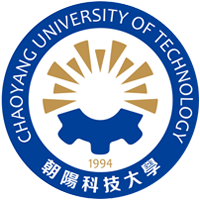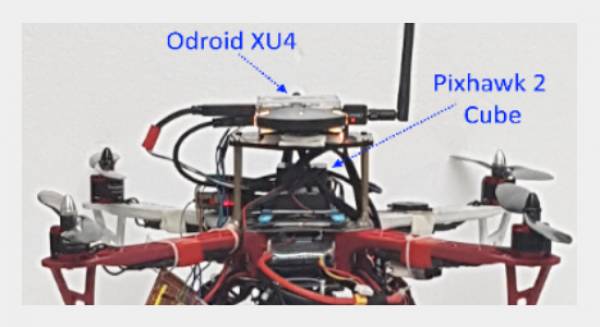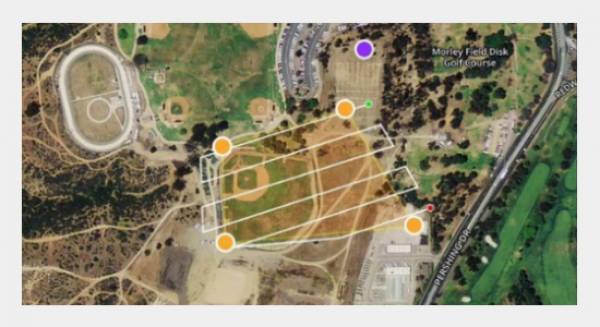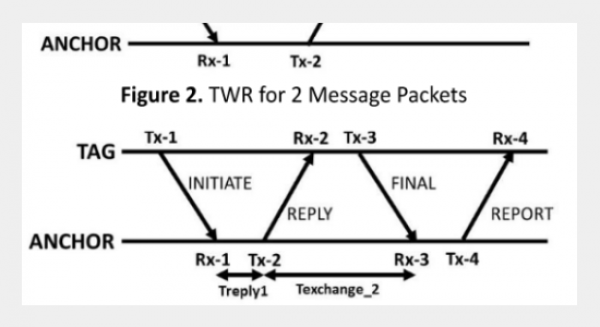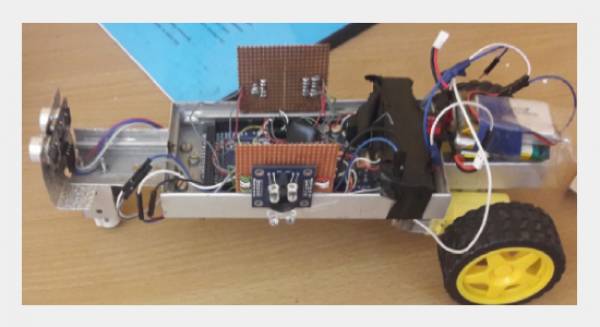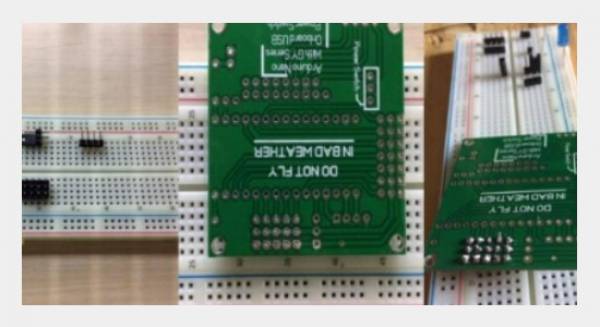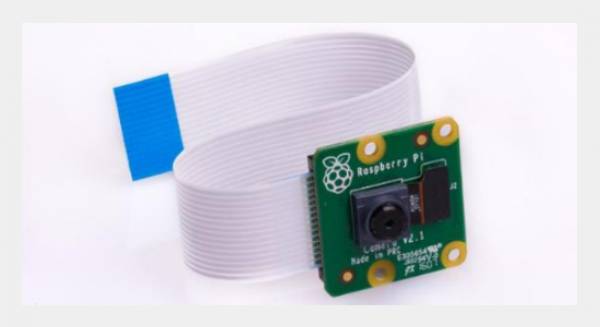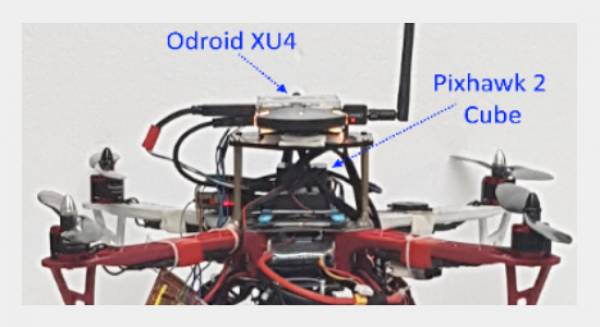Recent Covid-19 pandemic is the major outbreak in recent times, which has led to dramatic loss on the global economy and health of human communities. It has overwhelmed the healthcare industry worldwide with its domino effect on the diagnosis and treatment of various diseases. To break the community spread of the virus, government and healthcare agencies have imposed containment measures such as lockdown, the closing of country borders, and social distancing measures. The Healthcare sector is regulating advanced techniques to speed up the diagnostic methods, efficient monitoring, and early prediction of the spread of the virus. In the world of digital innovations, the integration of technology would help the health care sector enhance its medication system to prevent the world from the progress of the deadly virus. Among various technological inventions, Artificial intelligence (AI) is one of the emerging tools that is most used in multiple sectors. It has extended its benefits in the medical industry by predicting several positive cases, infections symptoms, and rate of transmission to control the spread of infections. It has spotted a race of development of vaccines against this pathogen. The conventional approach is prevalent in the healthcare sector in predicting early signs of infections in the human body. Still, this technique is time-consuming and cannot interpret the results accurately, which is needed for the present situations. Henceforth, artificial intelligence is helping the medical industry address the pandemic's scale by providing future predictions with transparency and accuracy. It was found to be a par with and produce results more accurately than human experts in drug discovery and diagnosis.
Machine learning technology is the main driving force behind artificial intelligence detecting and analyzing the patterns needed for accurate diagnosis. Artificial intelligence uses multitudinal and multimodal data to identify and track the pandemic outbreak with specified geographical locations. It extracts digital data from social media and news sites to provide insights into the vulnerable regions and predict mortality. It endures mobile health apps where smart watches, cameras, and smart wearable devices are used for contract tracing, infections diagnosis, and forecasting the transmission speed. AI techniques are being used in medical testing to predict clinical parameters such as ventilators and oxygen support systems needed in the intensive care unit. Using its complex data-driven algorithm provides updates about chances of recovery, daily transition rate, and course of treatment personalized for stages of recovery. Moreover, it plays a crucial role in the early diagnosis of disease through results derived from X-ray and CT scan images. Apart from clinical usage, AI chatbots are introduced to provide general consultation, which reduces the frequency of visits to hospitals and assisting patients with mild symptoms. There are also some obstacles involved in the usage of artificial intelligence in the healthcare sector. As AI involves validation of trends with sharing of user's personal information, legal barriers would become a novel issue in adhering to its applications. The surveillance and disease detection model relies on data digitization such as communication systems and mobile phones, which is not available in less developed countries. The algorithm developed for AI applications depends on the variety of samples taken for testing. So, it poses difficulty for clinicians to predict the results with a different population. Research needs to be thrown into addressing the above-stated issues which would enable artificial intelligence to be globally used in medical industries. In the future, AI will use crowdsourcing technology that provides genomic sequencing to delineate the coronavirus bimolecular structure within two hours from detection. Intelligent robots take a stand of healthcare workers to attend patients with extensive care. Furthermore, the digital twin concept can be applied in the medical industry to forecast the resource needed to meet the crisis. This special issue enumerates the role of artificial intelligence in identifying the community at risk of pandemics and its advancement. We welcome scholars and practitioners of this platform to emphasize more on this topic and present submissions that fall within this scope of the role of artificial intelligence and applications in smart detection of the affected population.
Submit your manuscrip here -> https://www.ausmt.org/index.php/AUSMT/about/submissions#onlineSubmissions
This special issue will be published on the new website -> https://gigvvy.com/journals/ausmt
The topics of interest included, but are not limited to:
- Role of crowdsourcing technology in detecting pathogen infections
- Machine learning and its application on pattern analysis
- Early prediction of infection with fuzzy logic techniques
- Cost-effective predictive models for early diagnosis.
- Effectiveness of using deep learning for early detection of covid infections
- Challenged in implementation of AI robots in hospital management
- Chatbots and their efficiency in assisting covid-19 patients
- Effectiveness of genomic signatures in detecting virus infections
- Firewall usage in the healthcare industry to enhance privacy
- Neural network and its application in the medical industry
Tentative Timeline for the Proposed Special Issue:
Submission Deadline: Febuary 20, 2024
Author Notification: April 25, 2024
Revised Papers Due: June 10, 2024
Final Notification: September 05, 2024
Lead Guest Editor Details:
Dr. Chi-Bao Bui
School of Medicine, Vietnam National University,
Ho Chi Minh City, Vietnam.
Email: This email address is being protected from spambots. You need JavaScript enabled to view it., This email address is being protected from spambots. You need JavaScript enabled to view it.
Google Scholar: https://scholar.google.com/citations?user=NR00wNEAAAAJ&hl=en
Co-Guest Editor Details:

Dr. Nguyen Thi Hiep
Associate Professor
School of Biomedical Engineering, International University,
Ho Chi Minh City 700000, Vietnam.
Email: This email address is being protected from spambots. You need JavaScript enabled to view it.
Google Scholar: https://scholar.google.com.vn/citations?user=H31-ymcAAAAJ&hl=en
Dr. Jeonghan Hong
Ulsan National Institute of Science and Technology, Ulsan, South Korea
Email: This email address is being protected from spambots. You need JavaScript enabled to view it.
Google Scholar: https://scholar.google.com/citations?user=g0gPxgEAAAAJ&hl=ko
